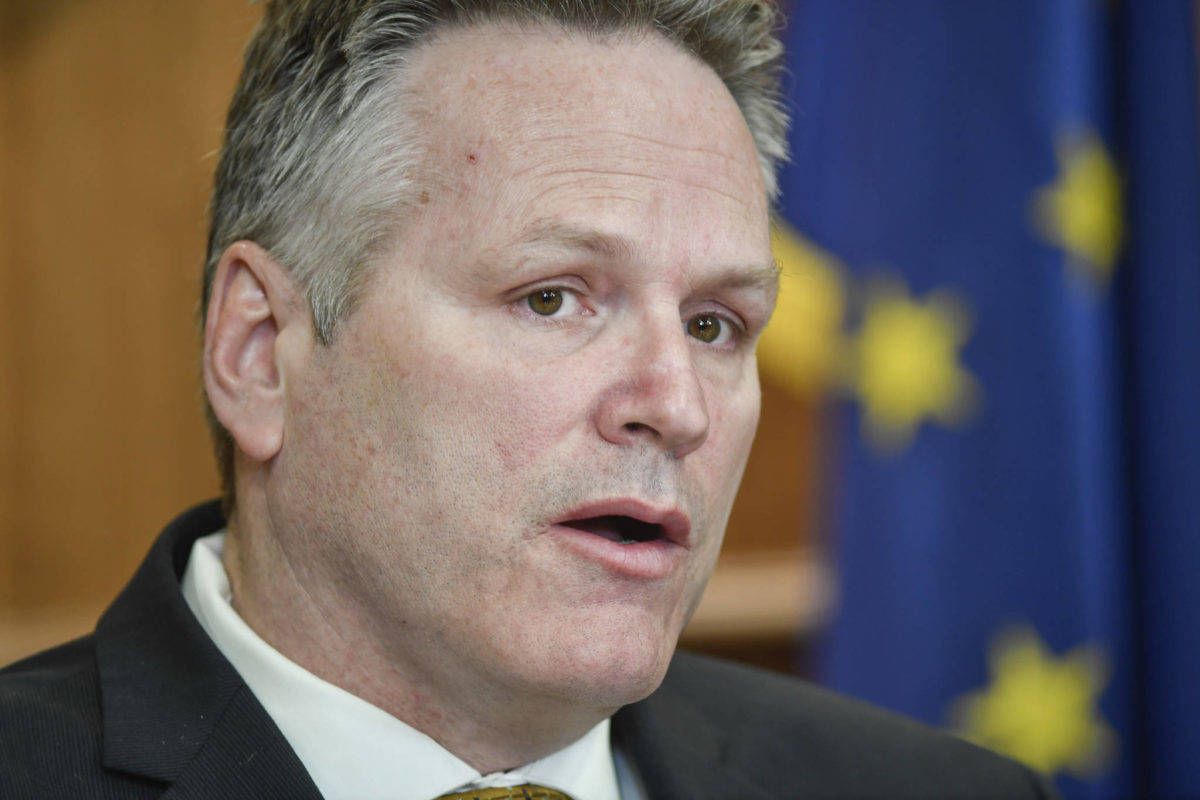Eligible Alaskans may be able to nominate up to 10 acres of state-owned land for sale or lease as a remote recreational site under legislation introduced by Gov. Mike Dunleavy on Wednesday.
In a letter to Alaska House Speaker Louise Stutes sent on April 27, Dunleavy said the legislation is meant to encourage the settlement and development of state land by Alaskans, noting that 3% of Alaska is privately owned. The program would supplement the state’s existing land sales programs. The state currently makes land available through auctions, over-the-counter sales, subdivision sales and agricultural sales.
The legislation was introduced to the Alaska House of Representatives as H.B. 195 and to the Alaska Senate as S.B. 133.
According to the legislation’s fiscal note, which describes how much it would cost to implement, the creation of the program would cost the state about $600,000 in operating expenses each year. If the state sells 500 acres of land annually at an average sale price of between $1,500 and $5,000 per acre, the Division of Mining, Land and Water would take in between $750,000 and $2.5 million in sales each year.
“Assuming increased participation and potential for nominated lands to have increased value per acre with an increased success to sale rate, revenue could be increased,” the fiscal note analysis says. “This revenue is land value that could be received incrementally over time through sale contracts or through a lump sum payment.”
The range in cost reflects the diversity of land segments that may be eligible for purchase under the program. Cost per acre may depend on factors like where the land is located, amenities, access and water-frontage.
To be eligible under the program, the land must be vacant, unappropriated or unreserved and owned by the state.
Anticipating a “high interest” in the program, the fiscal note also describes five permanent full-time positions that will be needed to implement it, including a land surveyor, an appraiser, a natural resource manager and two natural resource specialists.
The legislation had already been referred to the House Resources Committee and to the Senate Resources Committee by Wednesday evening.
More information about the legislation can be found on the legislature’s website at akleg.gov.
Reach reporter Ashlyn O’Hara at ashlyn.ohara@peninsulaclarion.com.

